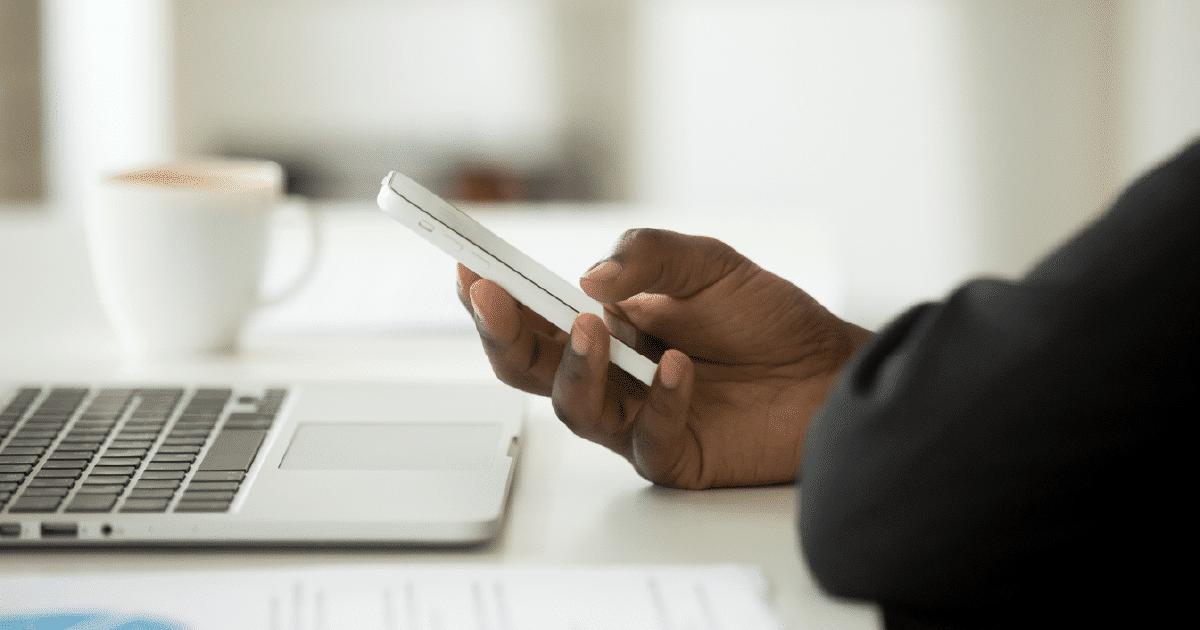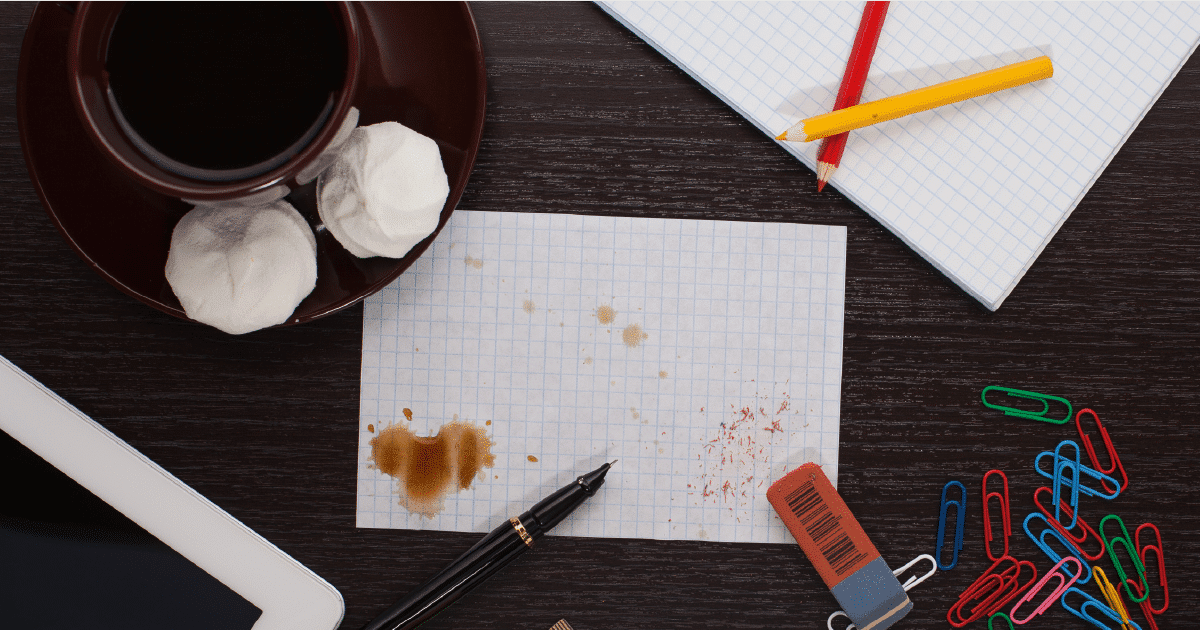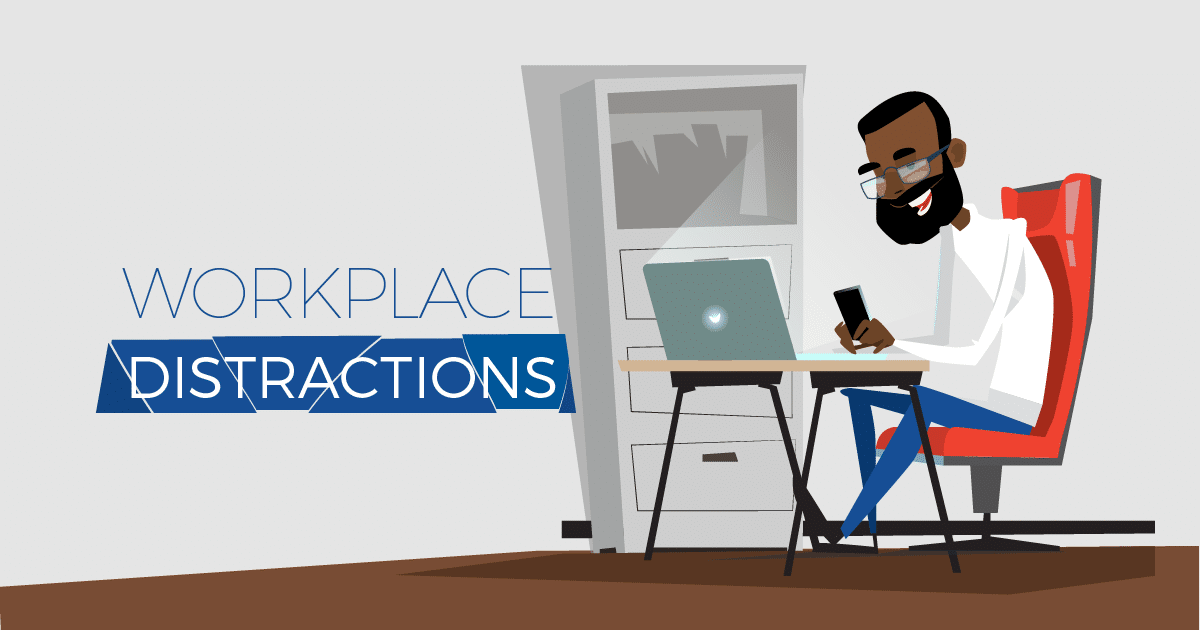Distraction at the workplace can cause damage to your productivity. You could be sabotaging your team’s ability to meet its goals, and sapping your company of precious resources because of the distractions. Constant distractions bombarded the average worker, name it; Email, slack messages, chats, text messages, Facebook messages, Instagram live, Snap chat notifications and loud co-workers.
Most of us tend to focus on proactive things. We ask ourselves, what can my team and I do to get better? What new skills can we learn? What new software or tool do we need? But sometimes it’s not about what you should be doing, but what you should stop doing.
Knowing the distractions and eliminating them is a great place to start. So let’s dive in.
Table of Contents
1. Noise

No one can thrive working in a noisy environment. Especially for an open office, it can be a messy and noisy affair when you see and hear everything from everyone at a go. Your colleagues’ footsteps,, the usual chit chat and more can be very distracting. One easy fix is to wear headphones. Headphones are a way to signal to team members that you are deep in focused work and don’t want to be bothered.
Likewise, music has been shown to increase focus and productivity by bringing your mind back to the present moment.You can wear headphones and not play any music just to drive chatty co-workers away. Of course, not all music helps you fully focus. You might want to try music without lyrics which works very well.
2. Smartphones

Thanks to smartphones, we are able to stay connected with friends and loved ones. Our phones are an easy fix for flooding our brains with temporary pleasure. However, along with the benefits come some steep downsides. Following its fleeting pleasure is the unending desire to want more. In fact, phones and apps with their pop up notifications are designed to trigger this exact behavior.
That’s why we keep checking our phones constantly. Since many of us use our smartphones during business hours to take calls or to stay connected while out of the office, powering down our phones during the day just isn’t an option. Luckily, you can silence notifications for those times your work needs your full concentration. Turning on do not disturb mode on your phone enables you to keep your phone at your desk without constant interruptions.
3. Interruptions

Do you get team members walking to your desk often to ask basic questions? The ‘shoulder tapping” can be very irritating especially when it continues for a long time. It consumes most of your productive hours and leads you to work over time..
To stop your coworkers from interrupting you when you are focused, stress on the need to utilize your communication tools like slack or email when in need of a quick fix. You can also adopt a system that sends signals to others when you are engaged in focused work; flags, signals and again, wearing headphones, are good ways to send the “do not disturb” signal.
4. Clutter

Did you know working at a messy desk could slow down your work? A cluttered work space will result in a cluttered mind. According to a study by Lifehacker, your brain has the tendency to bounce around when things get tough.
The more challenging the task, the more likely your mind will wander.
Don’t make it easy for your brain to fixate on something other than the task at hand. Minimalism is key here. Remove the clutter from your desk, and only keep things that contribute to your work. Clean up your work space from all distracting elements and focus on exercising self-control.
5. Social Media

Checking social media is habit-forming. Despite social media being a useful tool for fun and learning, it can also get you fixated on it and can make you neglect your tasks. Do you like to check the latest feeds on Twitter or on Facebook while in the middle of completing a task?
You stand a risk of missing some important details in your work because of having divided attention. A good option for you is to revisit social media in your free time when you are not working on a task.
We all get distracted at work from time to time. However, this does not mean we should allow it to affect our performance in the workplace. Work distractions can be controlled and you have the power to do so with the right tips as provided in this article.
How do you manage work distractions? Share your thoughts with us in the comment section below





